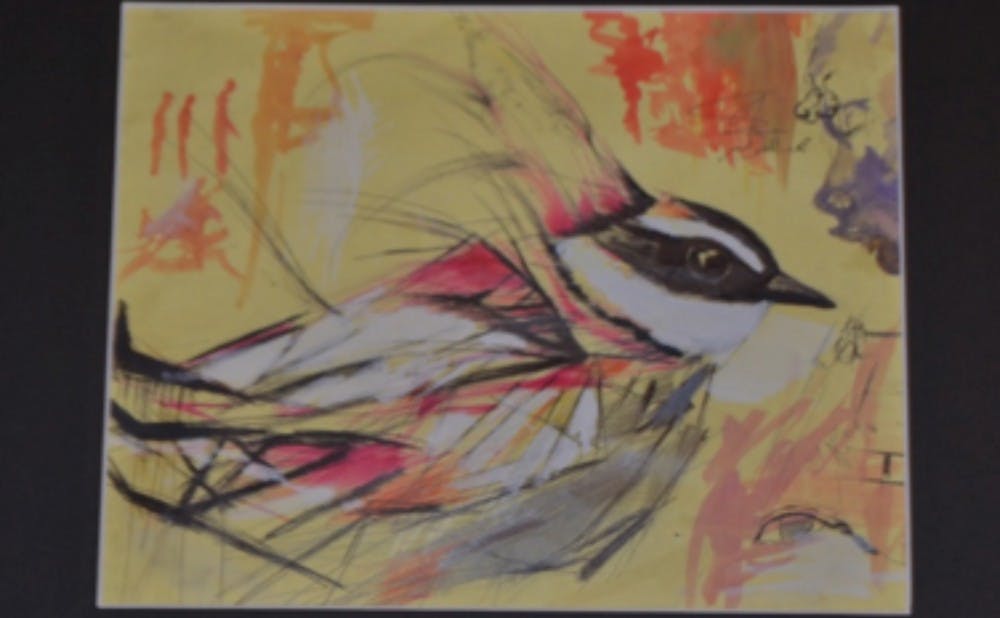Experts on Arab governments and Middle Eastern history gathered in Rubenstein Library Thursday and Friday to discuss the refugee crisis in the Arab world.
The two-day conference—titled “The Arab Refugee Crisis in the 21st Century”—highlighted the intensity of the situation faced by many refugees today due to corrupt governmental regimes. Local and visiting scholars and students discussed the history of the current refugee crisis and how students can help.
More than 50 people attended each session and listened to Skype interviews with refugees who have been forced to relocate all over the world.
“Sixty-five percent of the world’s 20 million refugees are coming from the Middle East—this is a universal crisis that is very much comparable to World War II in its extent,” said miriam cooke, Braxton Craven Distinguished Professor of Arab cultures at Duke.
Many people do not realize that groups of refugees have ended up in Durham, cooke said. She noted that a key purpose of the academic gathering was to “work as a stepping stone to increase engagement between Duke students and Arab refugees in the Durham community.”
A student-led group called INJAZ was founded at Duke for this purpose four years ago and has grown since then. INJAZ helps Arab refugees in Durham by going to their houses and assisting with their needs.
Julianne Whittaker—a master in public affairs candidate at Princeton University who attended the event—spoke about her work as the co-founder of the Amal Foundation, a nonprofit that promotes education and skills development for refugees in the Middle East. She helps support Syrian refugees living in Jordan reach their full potential by promoting artwork they have created.
While spending a year in Jordan with the 80,000 refugees there, Whittaker found herself surrounded by promising artists. Wanting to help them, she worked to bring their masterpieces to the United States to showcase the works in galleries.
“It is very difficult for people in the United States, especially ones who are well-off like college students, to understand the extent of the problem. This is what the art does, it delivers a soul message,” Whittaker said.
The artwork helps viewers connect with refugees by transcending cultural and linguistic differences, she noted.
Whittaker said she believes that by showing the work, she will help spread word about the difficult times refugees are facing. The money made in the galleries helps support the artists and has been used by them for necessities such as education and food.
cooke noted that she hopes to spread the word about the refugee crisis as well.
“Hopefully [these initiatives will launch] Duke and Duke students into a more purposeful and wide ranging community that we believe will be an enormous resource for us. We have to start seeing the refugees as a resource and not a problem,” she said.
cooke explained that other events addressing the problems refugees face will occur in the future. Feb. 8 marks the start of the second Arab Refugees Awareness Week at Duke.
Editor’s Note: cooke does not capitalize the first letter in her first and last names.
Get The Chronicle straight to your inbox
Signup for our weekly newsletter. Cancel at any time.

